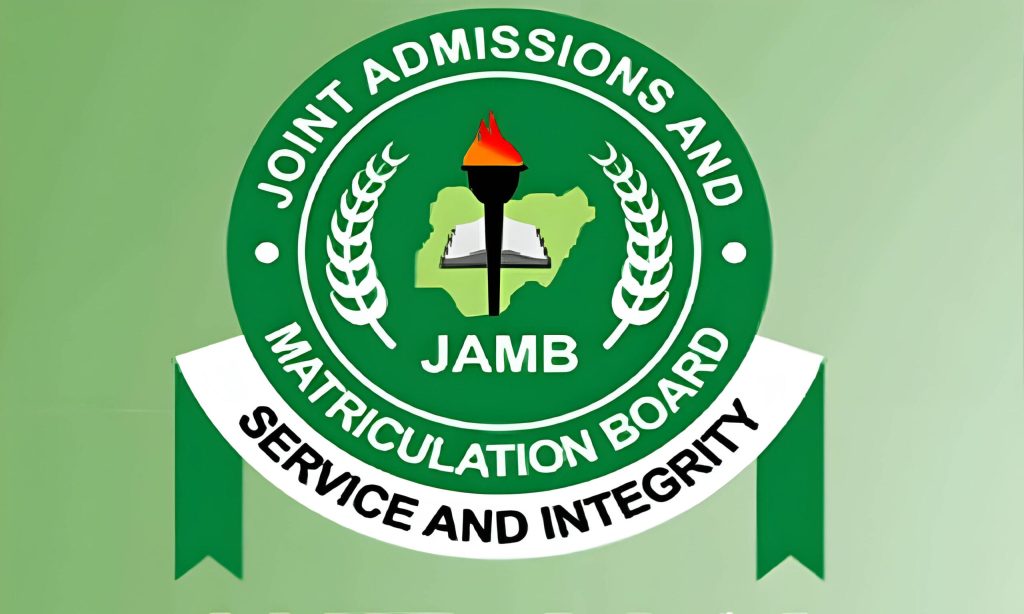Leading medical practitioners have urged individuals experiencing chronic back pain to seek medical evaluation instead of relying on painkillers, which may exacerbate their condition. They warned that persistent back pain could be an indicator of serious health issues, including kidney disease, cancer, heart conditions, or problems with the pancreas.
Chronic Back Pain: A Warning Sign of Underlying Health Issues
According to Professor Babatunde Adegoke, a physiotherapy expert at the University of Ibadan, chronic back pain is defined as pain that persists for more than 12 weeks. He emphasized that while most back pain cases are mechanical and respond to physical therapy, some persistent pains might signal more severe health problems.
Adegoke shared his experience with a patient whose unresponsive back pain was eventually diagnosed as cancer. “Kidney problems, issues with the pancreas, and even some heart conditions can manifest as back pain. Persistent pain that does not respond to standard treatments warrants further investigation,” he explained.
The Dual Nature of Pain
While acknowledging the discomfort pain brings, Adegoke highlighted its role as a crucial alarm system. “Pain forces people to seek help. Without it, many of us might ignore health issues until they become life-threatening,” he noted. He further explained that most chronic back pain occurs in the lower back, just above the buttocks, although pain can originate anywhere along the spine.
Understanding the Causes of Back Pain
Professor Mike Ogirima, an orthopaedic and trauma surgery expert, provided further insights into the causes of back pain. He suggested that back pain could be an evolutionary consequence of humans walking upright. “Lower animals that walk on four legs do not experience the same wear and tear in the back as humans do,” Ogirima stated.
In addition to evolutionary factors, Ogirima noted that pathological conditions such as infections, trauma, congenital deformities, and degenerative diseases could contribute to back pain. “The back is composed of muscles, vertebrae, and internal organs. Any injury or disease affecting these structures can result in pain,” he explained.
Back Pain and Lifestyle: How Habits Contribute to Discomfort
Ogirima warned against lifestyle practices that strain the back, such as poor sitting posture, carrying heavy loads, and excessive twisting or bending movements. He specifically highlighted the role of dancing, including twisting and twerking, as forms of back abuse. “These activities subject the back to unusual forces, increasing the risk of pain and injury,” he cautioned.
He also advised against prolonged sitting without movement, suggesting that people take a break every two hours to stretch and relieve pressure on the spine. “If you sit awkwardly for long periods, it can worsen existing back pain or even create new issues,” Ogirima said.
Lifestyle Adjustments to Alleviate Back Pain
For individuals already experiencing back pain, Ogirima recommended lifestyle changes to minimize discomfort and prevent further damage. These include:
- Maintaining Proper Posture: Sit with your back squared up and avoid slouching or leaning forward for extended periods.
- Avoiding Heavy Lifting: Limit activities that overload the mechanical axis of the back.
- Regular Movement: Take breaks to stretch and walk if you’ve been sitting for more than two hours.
- Weight Management: Maintain a healthy weight to reduce stress on the back.
- Avoiding Rigorous Activities: Limit physical activities that strain the back, particularly for labor-intensive workers.
The Role of Aging and Professional Advice
Ogirima explained that aging naturally contributes to wear and tear on the back. While this process cannot be stopped, individuals can mitigate its effects by adopting less strenuous activities as they grow older. He also urged individuals with chronic back pain to consult specialists for a thorough examination and targeted treatment.
The Importance of Timely Diagnosis
Both experts emphasized that early diagnosis is critical for managing chronic back pain effectively. Conditions such as infections, tumors, or degenerative diseases are more manageable when detected early. Self-medication or ignoring persistent pain can lead to complications and delayed treatment.
Conclusion
Chronic back pain is not just a minor discomfort but could be a warning sign of serious health conditions. Medical professionals advise against self-medication and encourage seeking professional evaluation to identify the root cause of the pain. By addressing lifestyle factors and seeking timely medical care, individuals can manage back pain effectively and improve their overall quality of life.













